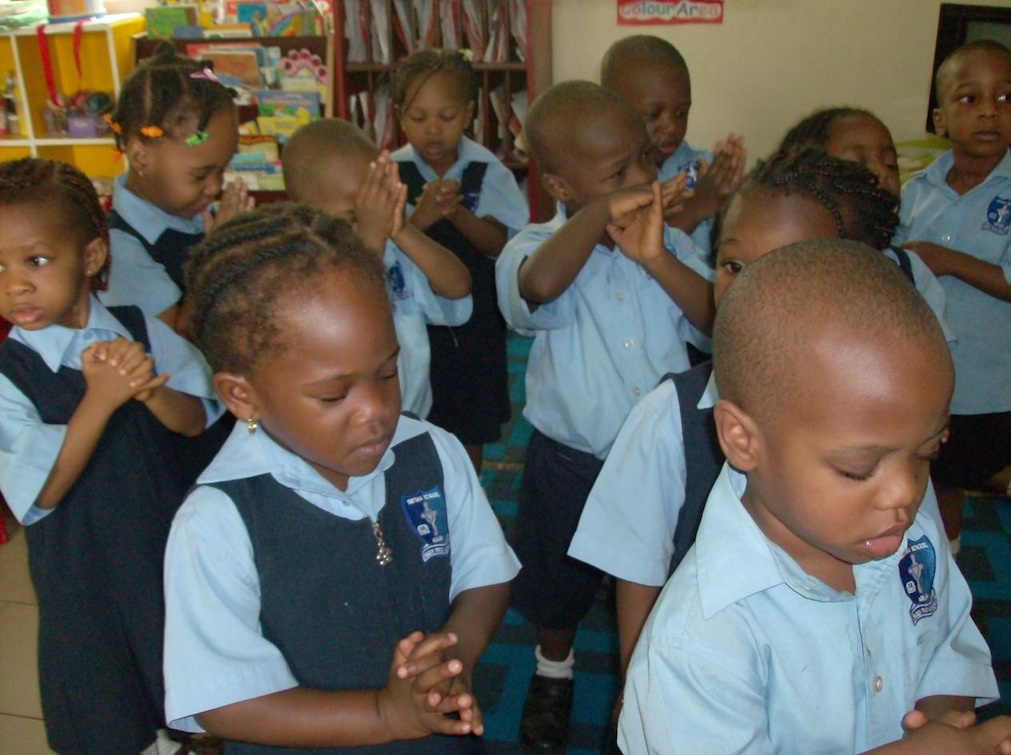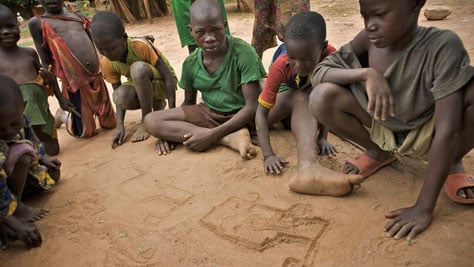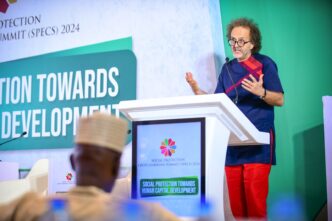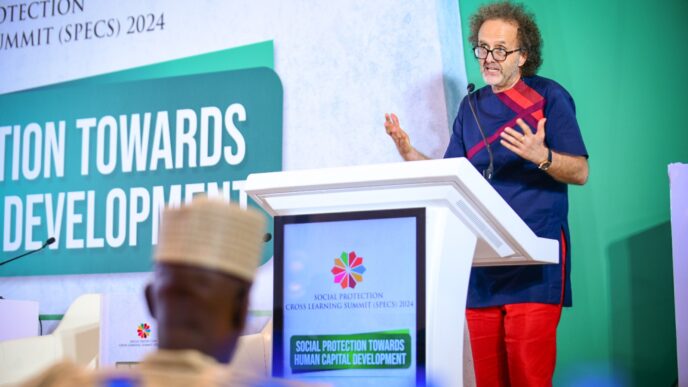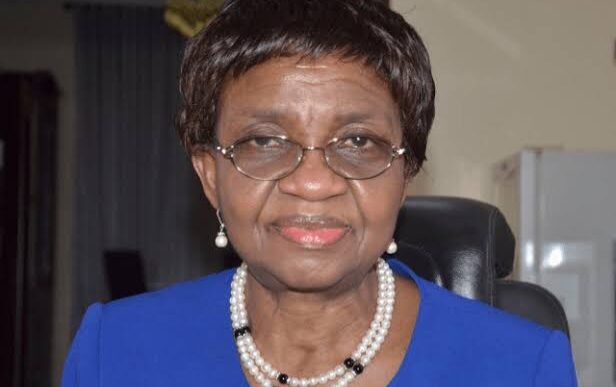A file picture of children in early-childhood school
The United Nations (UN) says countries worldwide must annually enrol 1.4 million children in early childhood education to improve progress on the sustainable development goals (SDGs).
The 2024 (SDGs) report, published on Friday by the UN, highlighted the factors contributing to the setback in achieving the 2030 SDG agenda.
The report said countries need to address inadequate infrastructure, increase education funding, and prioritise training for teachers.
“Progress towards goal 4 has been slow since 2015, with only 58 percent of students worldwide achieving a minimum proficiency in reading by 2019,” the report reads.
Advertisement
“Recent assessments reveal a significant decline in math and reading scores in many countries, highlighting a set of factors beyond the COVID-19 pandemic’s impact on global education.
“Many countries face challenges such as inadequate education infrastructure, teacher shortages, and insufficient teacher training.
“While technology has expanded educational opportunities, it has also widened inequalities, leaving millions of people, especially in marginalised and low-income communities, without access to education.
Advertisement
“To meet national 2030 education targets, which have been scaled back compared to the original goal 4 targets, countries must annually enrol 1.4 million children in early childhood education, admit a new child to school every two seconds until 2030, and triple annual progress in primary completion rates.”
The report said only two in three children in sub-Saharan Africa completed primary school on time between 2015 and 2023.
It added that the world is not on track to achieving the 2030 agenda on gender equality, indicating that many girls are still denied rights to their sexual and reproductive health.
“One in five girls still marries before age 18. A staggering 230 million girls and women have been subjected to female genital mutilation,” the report said.
Advertisement
“Far too many women still cannot realize the right to decide on their sexual and reproductive health. Violence against women persists, disproportionately affecting those with disabilities.
“Parity in women’s participation in public life remains elusive, and in management positions, at current rates, parity will require another 176 years.
“Women carry an unfair burden of unpaid domestic and care work, spending 2.5 times more hours a day on it than men.
“Over 230 million girls and women have undergone female genital mutilation. In Africa, over 144 million girls and women have undergone the practice.”
Advertisement
The report said world leaders need strong and sustained commitments to changing biased social norms and harmful practices.
On clean water and sanitation, the report added that two billion people worldwide are projected to lack access to safely managed drinking water by 2030.
Advertisement
UN CALLS FOR PEACE, SOLIDARITY
Commenting on the report, Antonio Guterres, the UN secretary-general, said “only 17 percent of the SDG targets are on track”.
Advertisement
Guterres said nearly half of the SDGs are demonstrating minimal or average progress, adding that improvement on over one-third has either stalled or relapsed.
“We must resolve ongoing armed conflicts through dialogue and diplomacy and prevent future conflicts by upholding the principles and values of the Charter of the United Nations,” he said.
Advertisement
“Developing countries urgently require more financial resources and fiscal space. We must reform the outdated, dysfunctional, and unfair international financial architecture to facilitate far greater investment in the SDGs.
“With more than six years left, we must not let up on our 2030 promise to end poverty, protect the planet, and leave no one behind.”
